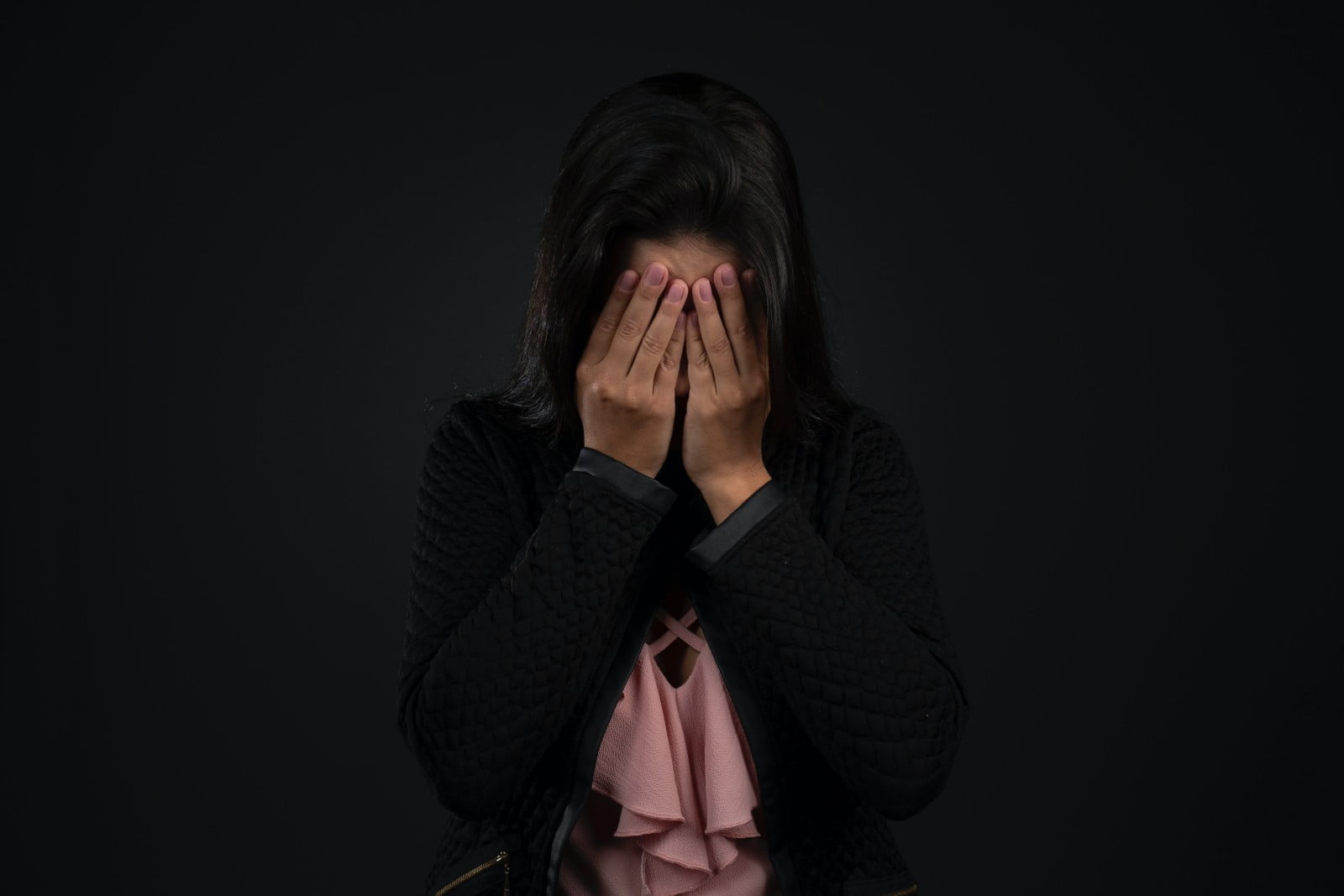Situational depression is a depression caused by life events. Causes feelings of sadness & loss of enjoyment. Seek professional help for effective management.
Situational Depression
Depression is a serious mental illness that can have a profound effect on every aspect of a person’s life. Situational depression is a type of depression that is brought on by a specific event or situation. It can be short-lived or last for months or even years, and symptoms can vary from person to person. Situational depression is treatable, and there are many ways to cope with and manage the condition. In this article, we will take a closer look at what situational depression is, its symptoms, and how to cope with it.
Fortunately, situational depression is treatable. There are various coping mechanisms and treatment options available, including medication, therapy, support groups, and lifestyle changes. With proper help, individuals can effectively manage their symptoms and improve their overall mental health.
Important points on Situational Depression:
- DEFINITION: Situational depression is a type of depression triggered by a specific event or situation in life.
- ALTERNATIVE NAMES: It is also known as adjustment disorder or reactive depression.
- DURATION: Situational depression can range from mild to severe and last for a few weeks or months, or even years.
- TRIGGERS: Major life events or changes such as the loss of a loved one, divorce, job loss, retirement, or moving to a new place can trigger situational depression.
- SYMPTOMS: Common symptoms include feeling sad, hopeless, anxious, or worthless, as well as trouble sleeping, eating, concentrating, and functioning in daily life.
- TREATMENT: There are various coping mechanisms and treatment options available, including medication, therapy, support groups, and lifestyle changes.
The Definition Of Situational Depression
Situational depression, also known as Adjustment Disorder, is a type of depression that occurs as a response to a specific event or situation in one’s life. Some of the key points to understand about situational depression include:
- TRIGGERED BY LIFE EVENTS: Situational depression is typically triggered by significant events in one’s life, such as the loss of a loved one, a divorce or separation, a job loss, or a major life change.
- TEMPORARY CONDITION: Unlike major depressive disorder, which can last for months or even years, situational depression is usually a temporary condition that lasts for a few weeks or months.
- SYMPTOMS: The symptoms of situational depression are similar to those of major depression, including feelings of sadness, hopelessness, fatigue, and a lack of interest in normally enjoyable activities.
- TREATMENT: Treatment for situational depression may include psychotherapy, medication, or a combination of both. Cognitive-behavioral therapy, for example, can help individuals understand and change negative thought patterns.
- IMPORTANCE OF SEEKING HELP: It is important to seek help for situational depression, as it can significantly impact one’s daily life and functioning. Early intervention can also help prevent the condition from becoming more severe or chronic.
It’s worth noting that while situational depression can be triggered by a specific event, it is still a serious mental health condition that requires proper treatment.
The Symptoms Of Situational Depression
There are two types of situational depression: Acute Situational Depression and Chronic Situational Depression. Acute Situational Depression occurs in response to a specific event or situation, such as the loss of a loved one, a breakup, or a job loss. Chronic Situational Depression is when the depression persists for a longer period, even after the triggering event has passed.
- CHANGES IN MOOD: A person suffering from situational depression may experience fluctuations in their moods, with feelings of sadness, hopelessness, and despair being common.
- LOSS OF INTEREST: A person may lose interest in activities that they once enjoyed and feel no pleasure in doing things that once brought them joy.
- DECREASED ENERGY AND FATIGUE: A person may feel tired and fatigued all the time, with a lack of energy or motivation to do anything.
- DIFFICULTY CONCENTRATING: A person may have difficulty concentrating and completing tasks, making it difficult to function in daily life.
- CHANGES IN APPETITE AND SLEEP: A person may experience changes in their appetite and sleep patterns, either overeating or losing their appetite, and sleeping too much or not at all.
- PHYSICAL SYMPTOMS: A person may also experience physical symptoms such as headaches, muscle aches, and stomach problems.
- FEELINGS OF GUILT AND WORTHLESSNESS: A person may feel guilty and worthless, with negative thoughts and self-esteem issues.
- THOUGHTS OF SUICIDE: In severe cases, a person may experience thoughts of suicide and self-harm.
Situational depression can occur in a variety of situations, including life changes, financial stress, relationship problems, and health issues. It is important to seek help from a mental health professional for proper treatment and support.
How To Cope With Situational Depression
Situational depression can be tough to deal with, but there are ways to cope with the condition. It is important to accept that you are going through a tough time, and talking to a therapist can help you understand your feelings. Additionally, creating a healthy routine and finding healthy coping mechanisms can be helpful.
- Identify the cause of situational depression: Understanding the cause of situational depression can help you better manage it. Ask yourself what triggered the depression and identify the factors that are contributing to it.
- Practice self-care: Taking care of yourself is essential when dealing with situational depression. Engage in activities that make you feel good, like exercise, hobbies, or spending time with loved ones.
- Seek support: Reach out to friends, family, or a therapist for support and guidance. Talking to someone about your feelings can help you process and cope with your emotions.
- Set achievable goals: Setting realistic goals and working towards them can help you feel more in control of your life. This can also boost your self-esteem and give you a sense of accomplishment.
- Avoid self-isolation: Spending time alone can worsen depression, so try to stay active and engaged in social activities. Joining a support group or participating in group therapy can also be helpful.
- Mindfulness techniques: Mindfulness techniques like meditation, yoga, or deep breathing can help you stay in the present moment and reduce stress and anxiety.
- Medication: In some cases, medication can be prescribed to help manage depression. Talk to your doctor about what options may be best for you.
- Seek professional help: If you are feeling overwhelmed, consider seeking professional help from a therapist or mental health professional. They can help you develop coping skills and provide support during this difficult time.
What To Do If You Think You Have Situational Depression
Once you have received a diagnosis of situational depression, there are many things you can do to cope with and manage the condition. It is important to accept that you are going through a tough time, and talking to a therapist can help you understand your feelings. Additionally, creating a healthy routine and finding healthy coping mechanisms can be helpful. Some other things that may be helpful include exercise, relaxation techniques such as yoga or meditation, and journaling. If your depression is causing significant problems in your life, medication may also be an option.
- SEEK PROFESSIONAL HELP: If you suspect that you may have situational depression, it is important to seek help from a mental health professional. They can diagnose and treat the condition.
- TALK TO SOMEONE YOU TRUST: Sharing your thoughts and feelings with a close friend or family member can also help you feel less isolated and provide support.
- PRACTICE SELF-CARE: Taking care of your physical and emotional well-being can help improve symptoms of depression. This can include getting enough sleep, eating well, exercising regularly, and engaging in activities that bring you joy.
- SEEK SUPPORT GROUPS: Joining a support group can provide a sense of community and help you feel less alone in your struggle. You can find support groups in your community or online.
- TRY THERAPY: Talking to a therapist can help you work through the emotions and thoughts related to your situational depression. This can include cognitive-behavioral therapy (CBT) or other forms of therapy that focus on changing negative thought patterns.
- USE MEDICATION: In some cases, medication may be recommended by a mental health professional to help alleviate symptoms of depression. It is important to follow the advice of your doctor and take the medication as prescribed.
- AVOID SUBSTANCE ABUSE: Substance abuse can worsen symptoms of depression and should be avoided. Instead, focus on healthy coping mechanisms and seek support from loved ones and professionals.
Remember, it is important to seek help and support if you suspect that you have situational depression. With the right treatment and support, it is possible to overcome and manage your symptoms.
Conclusion
Situational depression is a type of depression that is brought on by a specific event or situation. It can have varying symptoms and can last for a short or long period of time. It is treatable through therapy, medication, self-care strategies, and support groups. Coping with situational depression can be challenging, but it is important to seek help and develop healthy coping mechanisms to manage the condition. Remember, you are not alone, and help is available.
Last Worded From The Author
As the author, I would like to extend my sincerest gratitude to all the readers for taking the time to read this text. I hope that the information provided has been helpful and informative. I encourage you to continue learning and expanding your knowledge, and if there’s anything you’re curious about or would like to know more about, don’t hesitate to ask. I’d be happy to help!
FAQs
Situational depression is a type of depression that is triggered by a specific event or situation, such as the loss of a loved one, job loss, or a major life change.
Common symptoms of situational depression include feelings of sadness, hopelessness, anxiety, irritability, and difficulty sleeping, eating, and concentrating.
Yes, situational depression is typically less severe and shorter in duration compared to major depressive disorder.
Treatment for situational depression can include therapy, medication, support groups, and lifestyle changes.
Yes, if left untreated, situational depression can develop into major depressive disorder.
Coping with situational depression can include seeking help from a therapist, accepting that you are going through a difficult time, finding healthy coping mechanisms, and creating a healthy routine.
Read Also







